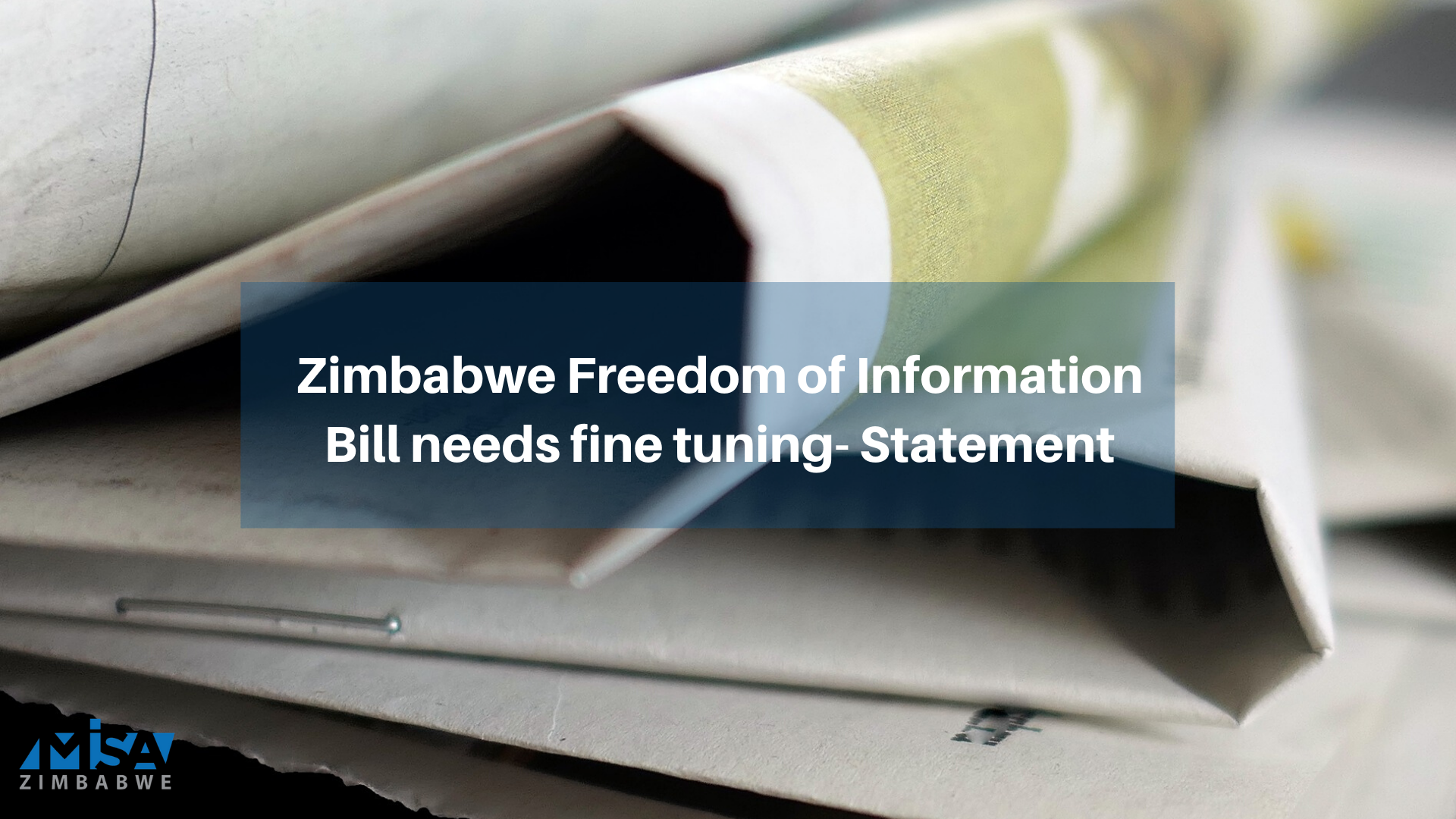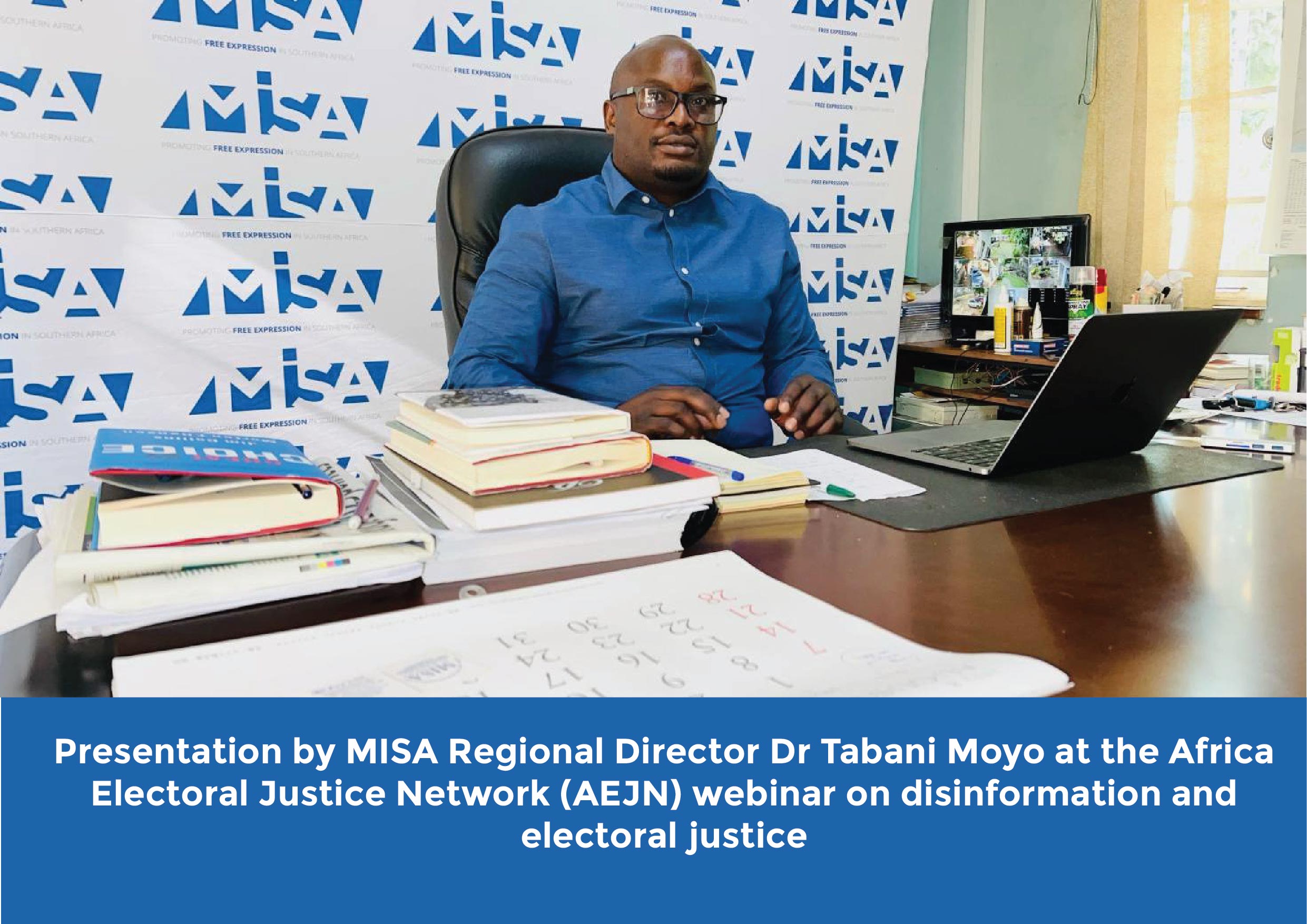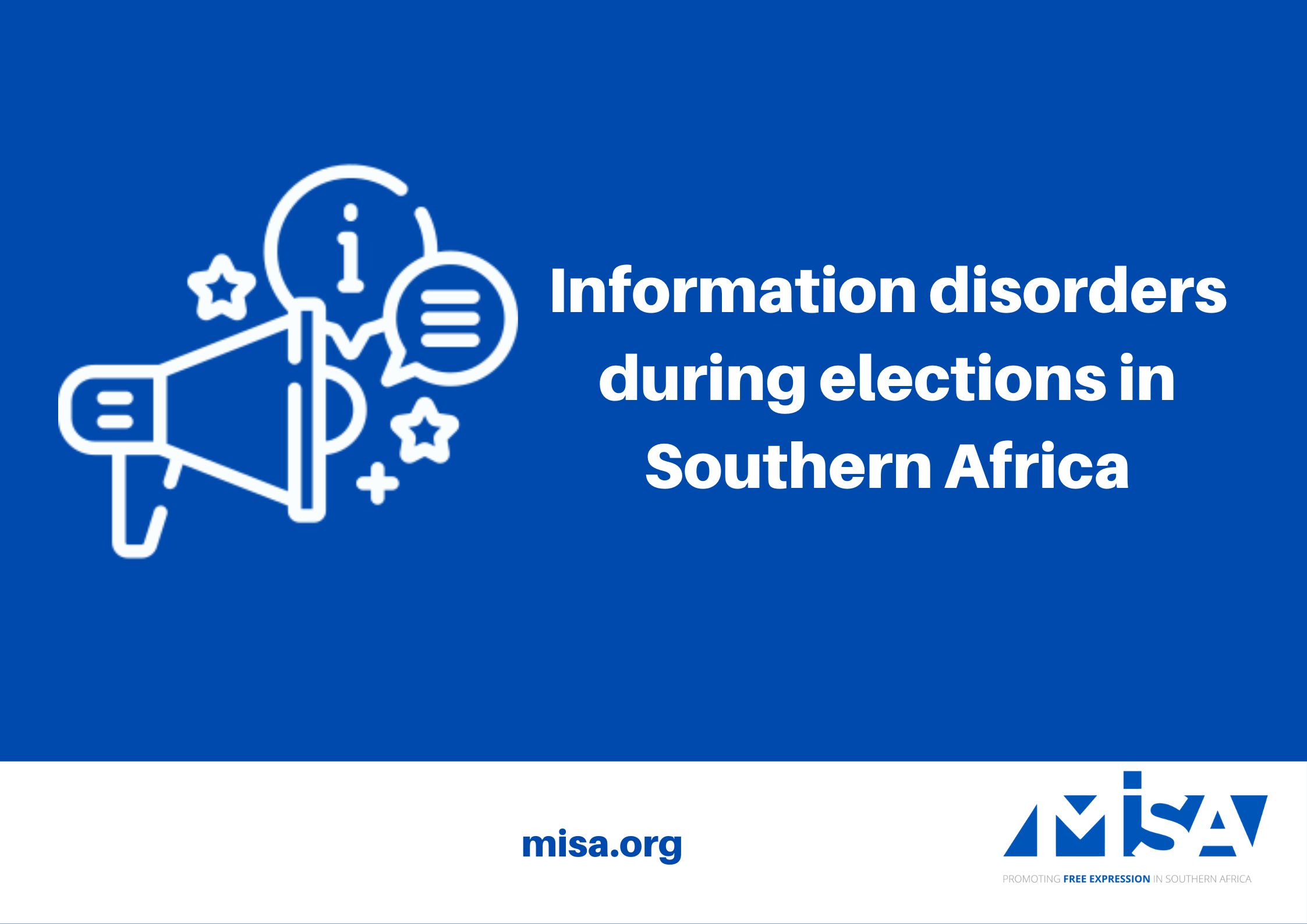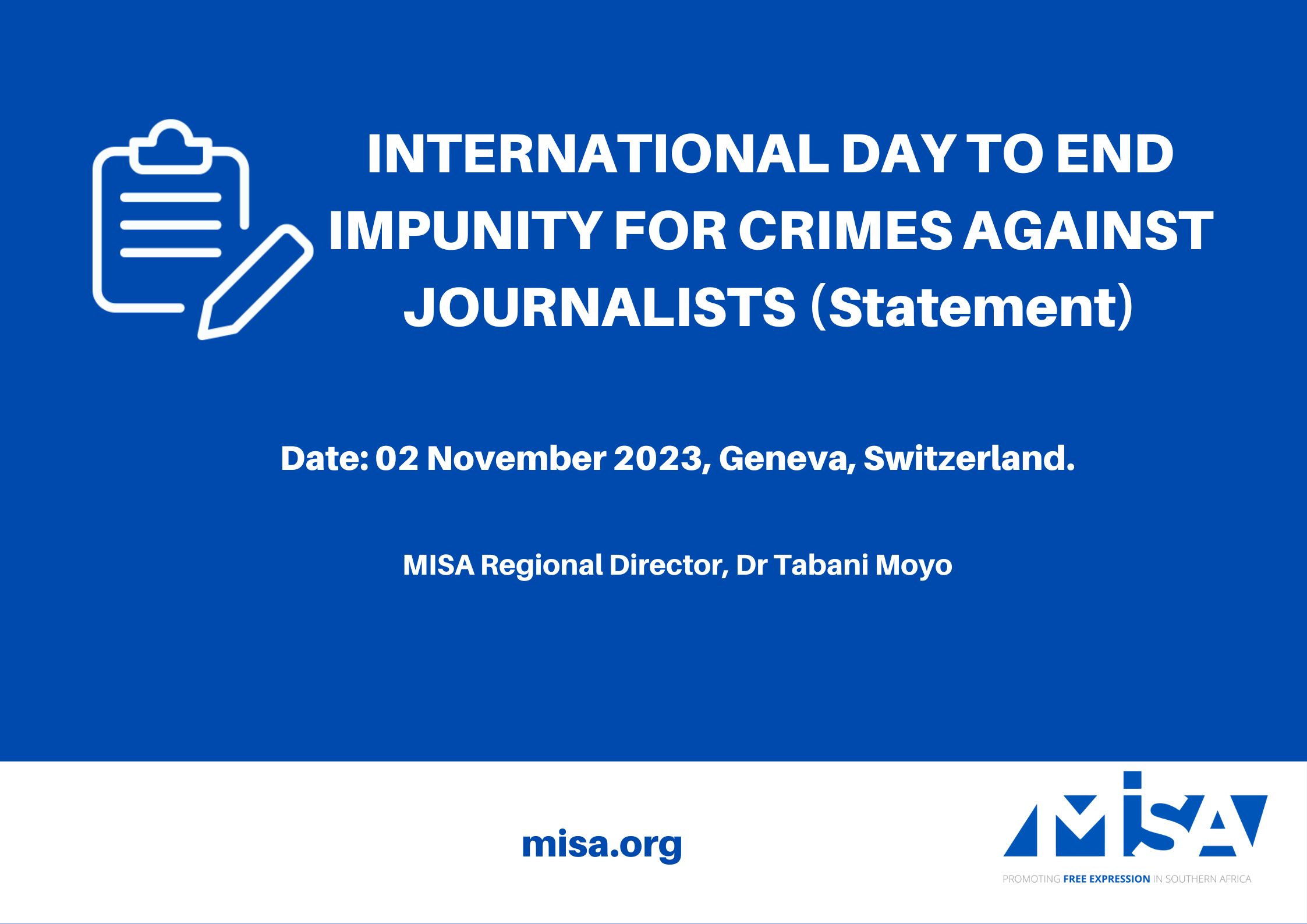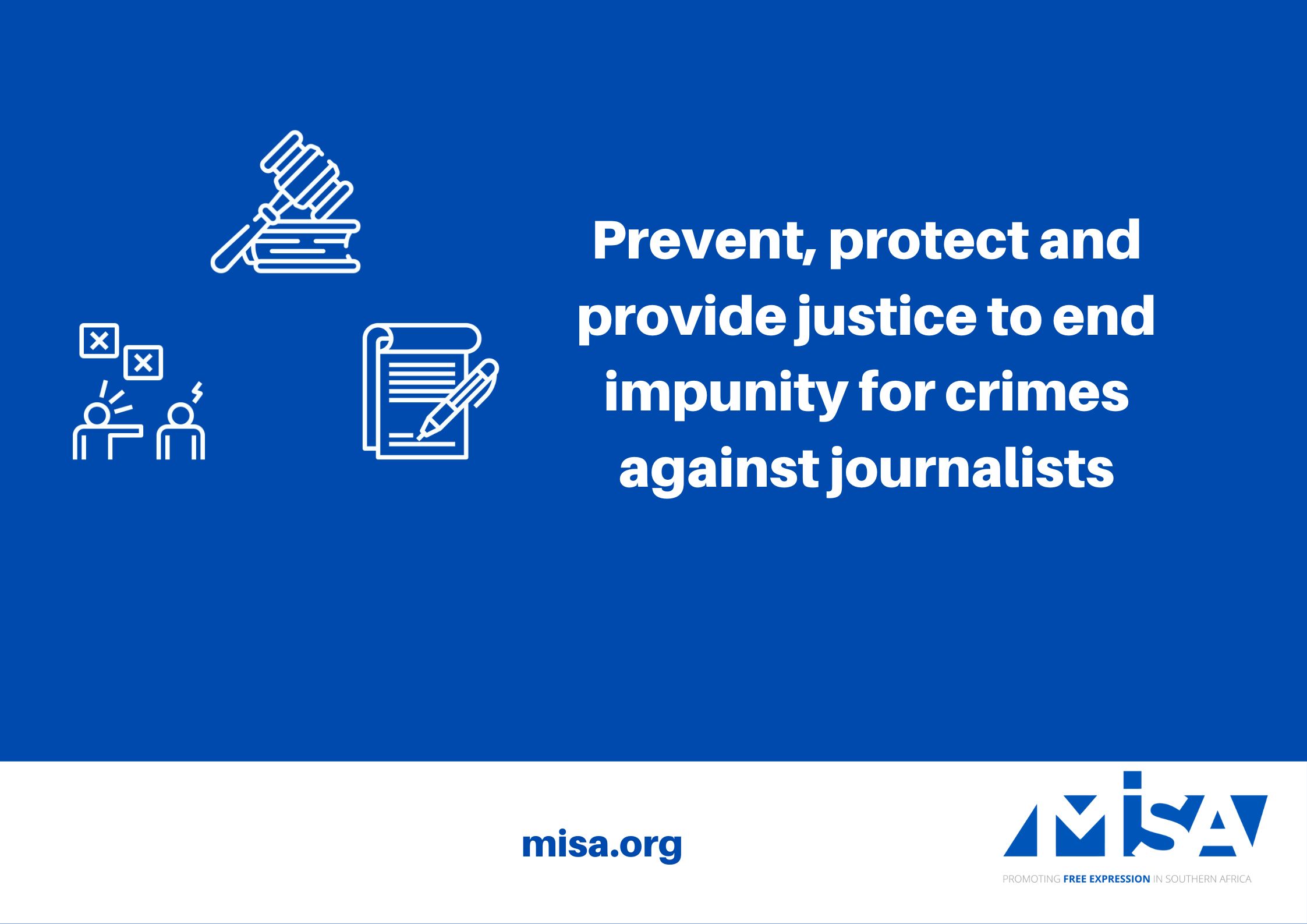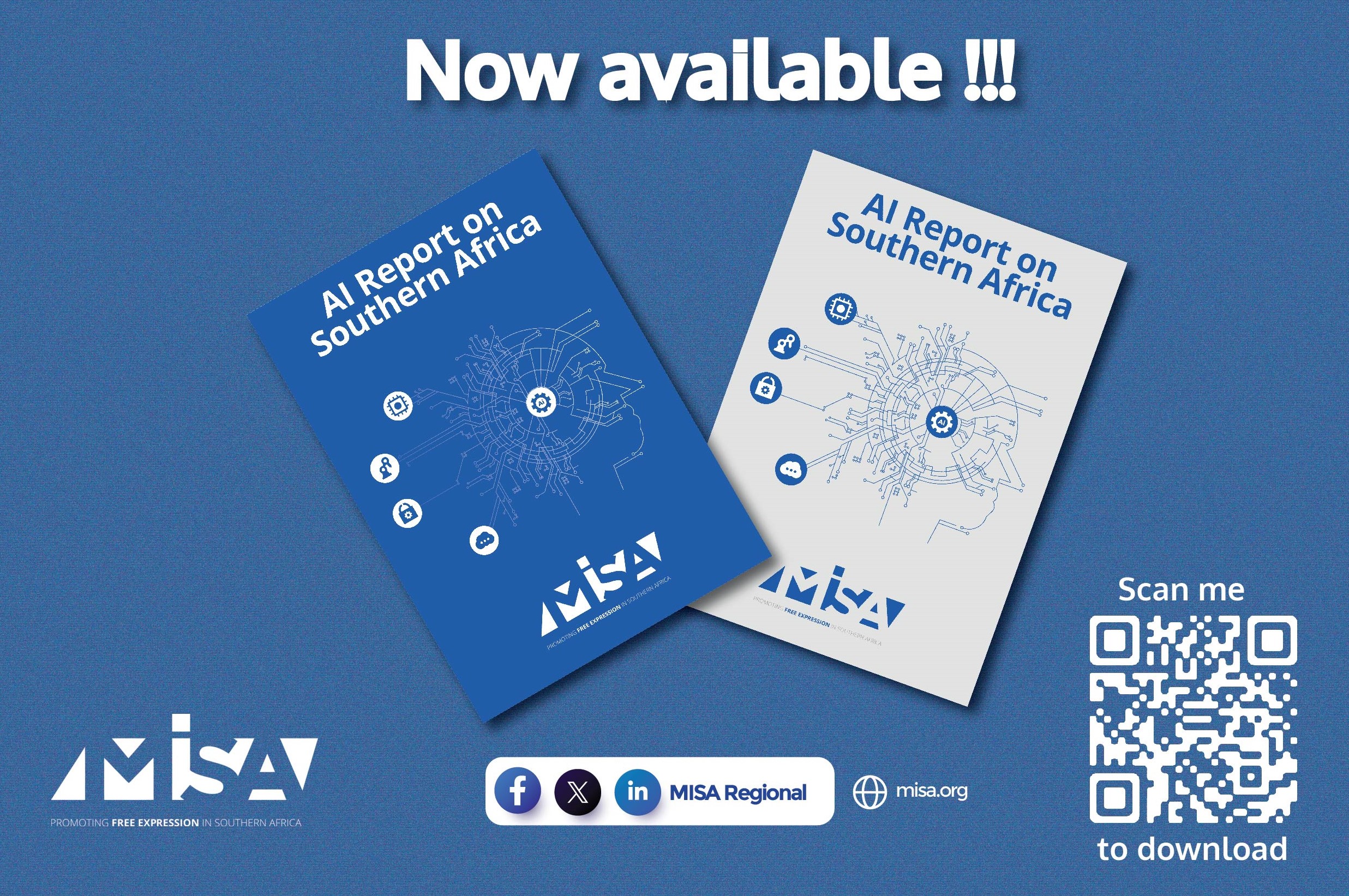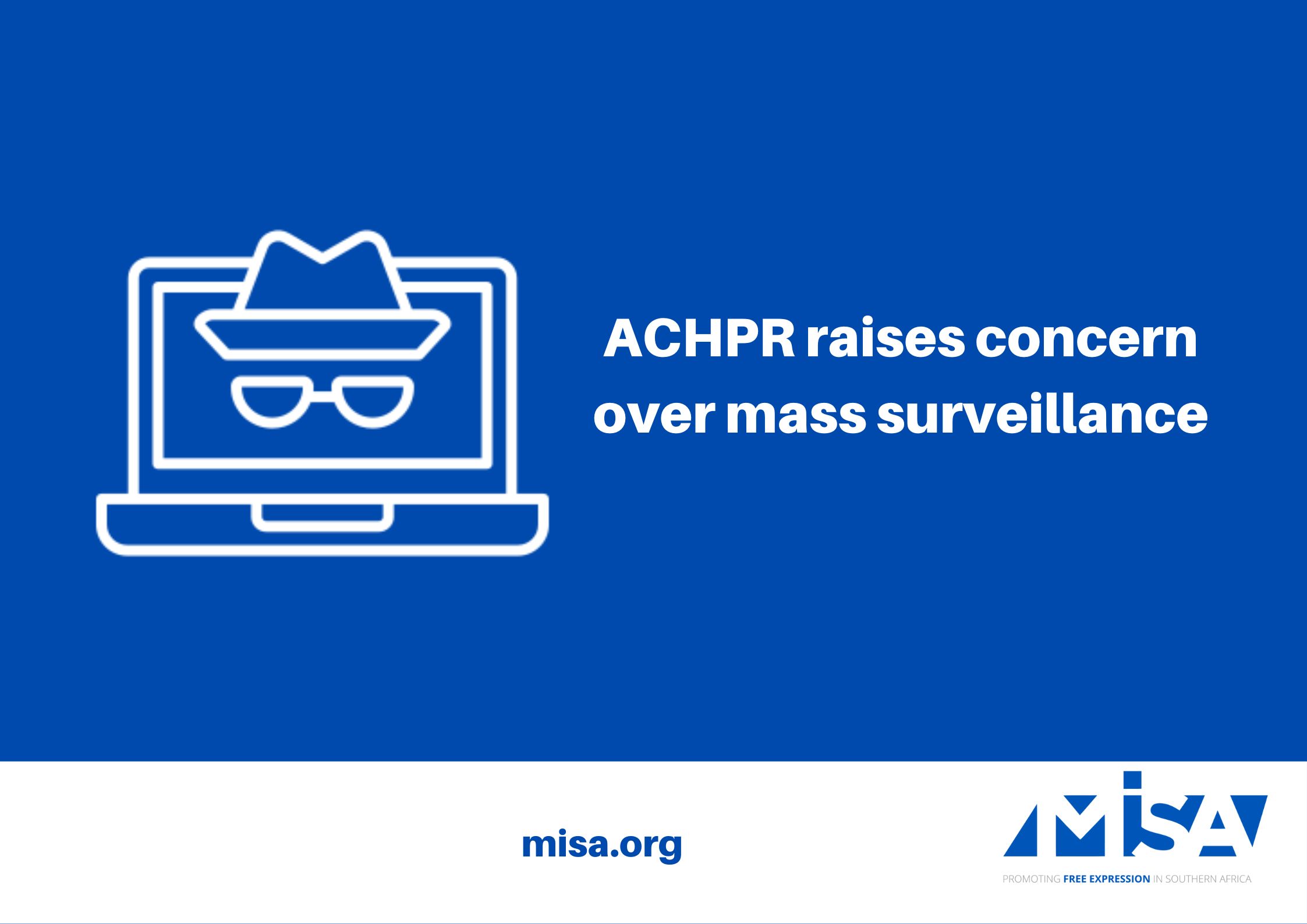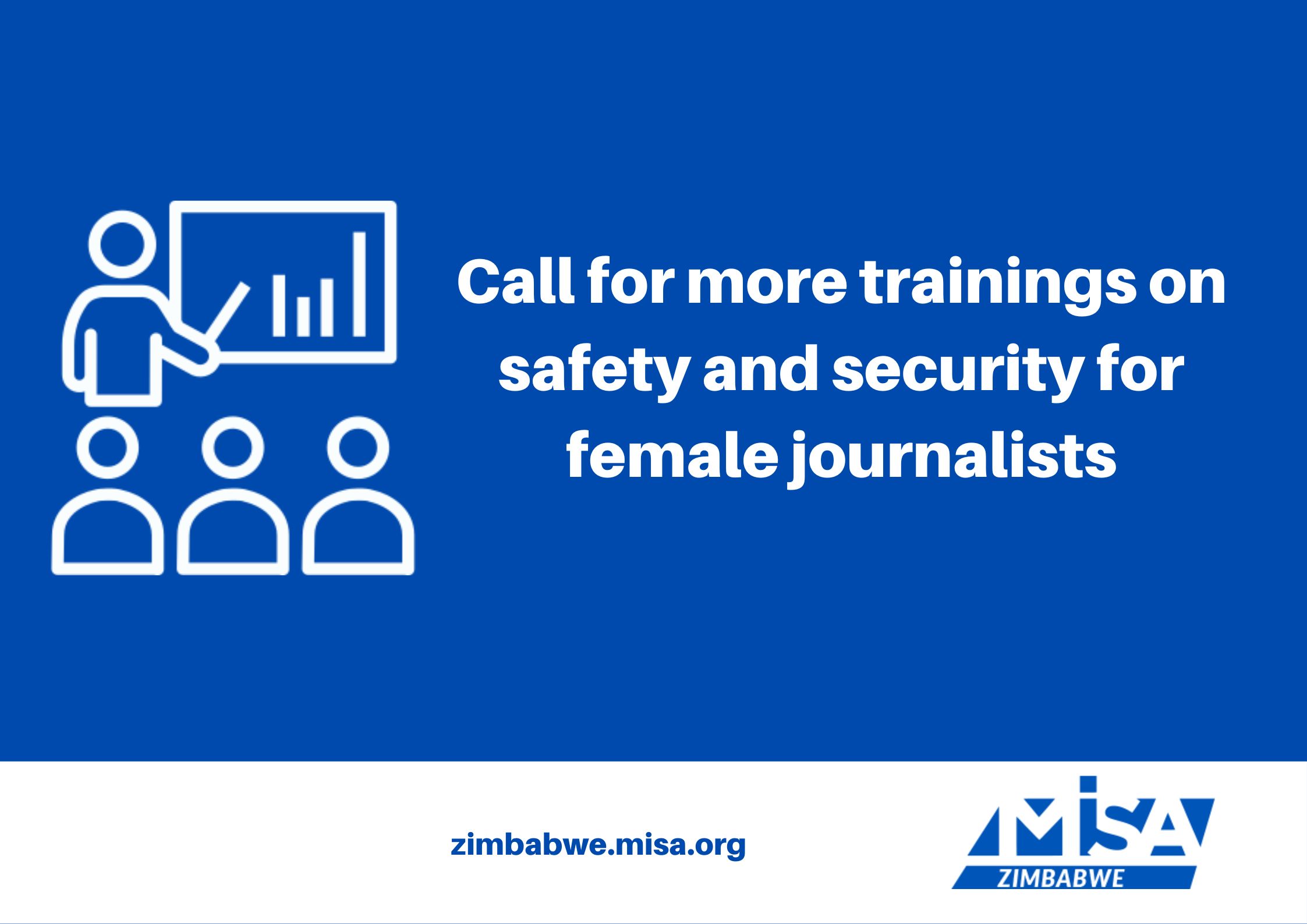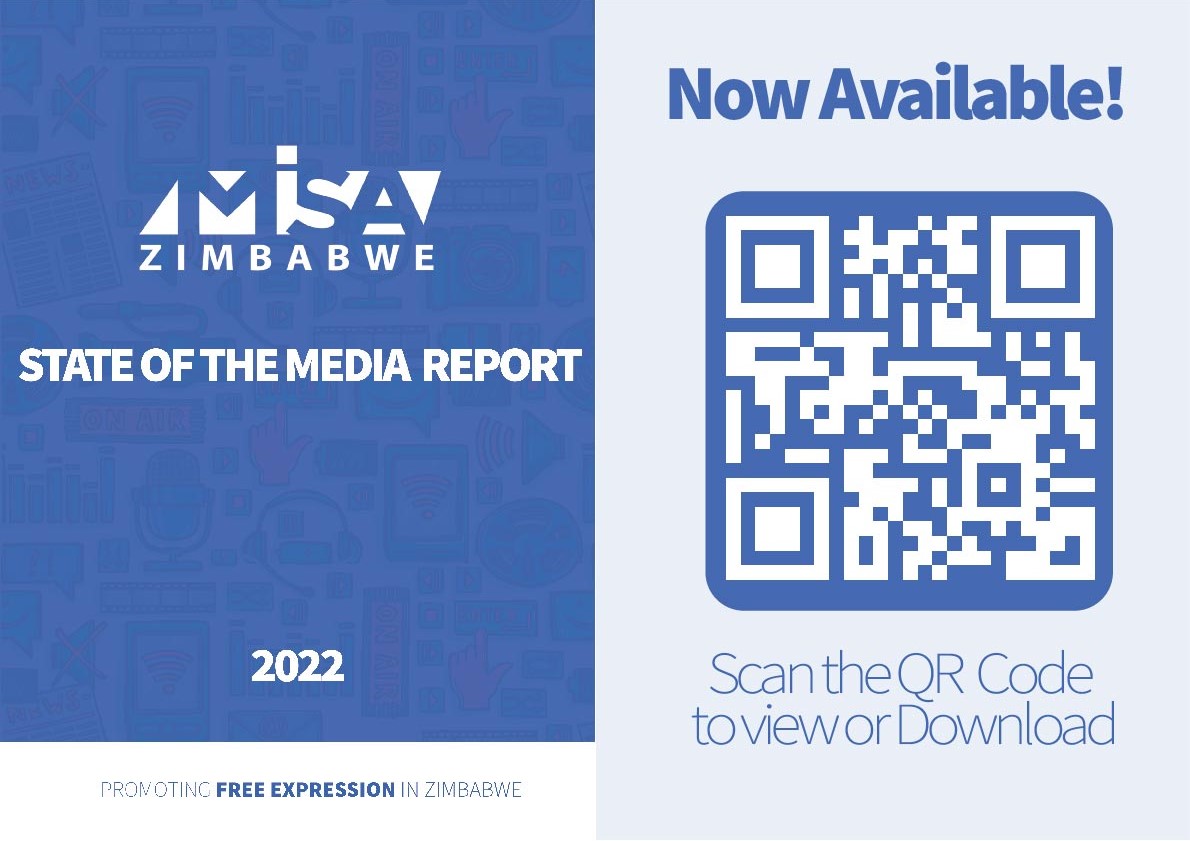MAZ/MISA Zimbabwe statement on parliamentary report on Freedom of Information Bill
The Media Alliance of Zimbabwe (MAZ) in conjunction with MISA Zimbabwe welcomes the release of the Parliamentary Portfolio Committee on Information, Media and Broadcasting Services’ report on the Freedom of Information Bill which was presented to Parliament in December last year.
The Committee’s report is a close reflection of the shadow report, compiled and produced by MISA Zimbabwe and Media Alliance of Zimbabwe which closely followed proceedings of the public hearings. Submissions made to the Committee by the two organisations were captured and reflected in the report, as well as the sentiments and democratic aspirations of citizens who attended and made contributions during the hearings.
You can read the MAZ/MISA Zimbabwe summary report on Parliamentary Portfolio Committee on Information, Media and Broadcasting Services public hearings on the Freedom of Information Bill here.
The report follows the public hearings conducted by the Committee on the Freedom of Information Bill between 19 – 30 August 2019 in Harare, Bindura, Marondera, Mutare, Masvingo, Plumtree, Tsholotsho, Bulawayo, Kwekwe, and Kadoma. The Bill seeks to repeal the restrictive and widely discredited Access to Information and Protection of Privacy Act (AIPPA).
However, it is our well-considered view that parliament should seriously reconsider assigning the oversight role of the enjoyment of the right to access information to the Zimbabwe Human Rights Commission and not the Zimbabwe Media Commission as is currently the case in the Bill.
The Portfolio Committee’s report recommends that annual reports on the number of requests for access to information received and requests for access granted in full be submitted to the ZMC which then submits those reports to Parliament through the responsible Minister. This position is contrary to the views expressed by citizens on clause 18 of the Bill.
During the public hearings, members of the public were of the general view that this responsibility, including the lodging of appeals, should be given to the Zimbabwe Human Rights Commission (ZHRC).
It is our strong view as MAZ/MISA Zimbabwe, that access to information as provided in terms of the Constitution’s Declaration of Rights, is a right which falls under the purview of the ZHRC. This view was unequivocally supported by members of the public that submitted that the ZHRC is better placed to handle appeals on access to information.
In Bulawayo, a citizen submitted that it would not be appropriate to launch an appeal with the Zimbabwe Media Commission should one be denied access to their health records. In her view, the ZMC would not be the competent body to arbitrate in a matter in which the Commission does not have the expertise and knowledge to handle an issue pertaining to health.
While the proposed law may prescribe that queries be taken to the ZMC, the law should not bar the ZHRC from hearing any queries about any right enshrined in the Bill of Rights. Insisting on this may create future constitutional problems.
Against this background, MAZ/MISA Zimbabwe implores Parliament to reconsider their view and recommendation on this matter.
The other contentious issue pertains to Section 41(2)of the Bill which says that “all statutory instruments under AIPPA shall remain in force as if they have been made under the provision of this Act and may be amended, replaced or repealed accordingly”.
It is our strong submission that this provision should be considered under the Zimbabwe Media Commission Bill which deals with the regulation of the media.
MISA Zimbabwe/MAZ, is, however, encouraged by the Parliamentary Portfolio Committee on Information, Media and Broadcasting Services’ efforts in their recommendations to flag out potentially problematic clauses in the Bill and urges legislators to take note of these contentions issues and address them as they debate the Bill in parliament.
End//




